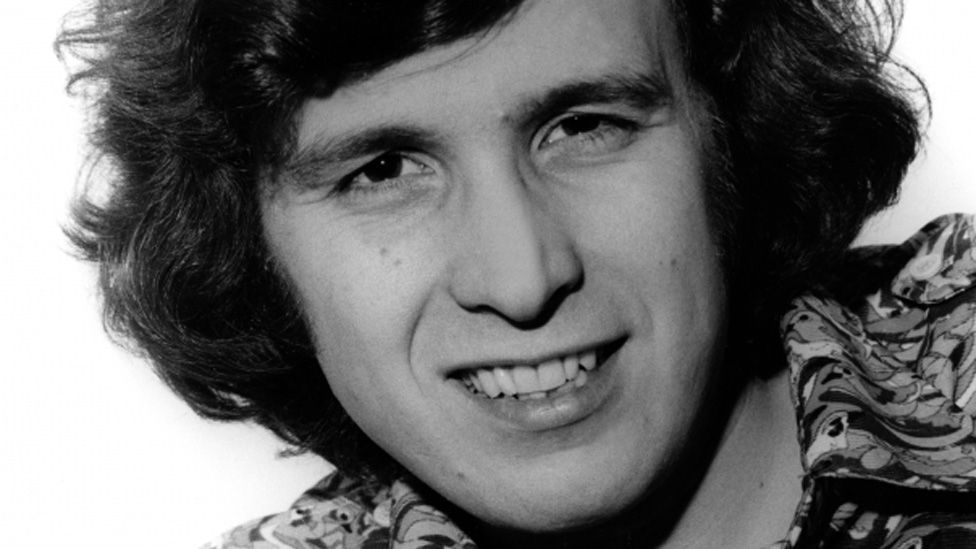
---> Scroll down for the VIDEO
About the song
Don McLean’s “Vincent (Starry Starry Night)”, a song that transcends mere pop music and reaches into the realm of artistic empathy. Released in 1971, nestled on the B-side of his iconic “American Pie,” “Vincent” has carved its own niche in the hearts of listeners for over five decades.
McLean, a master storyteller with a folk singer’s soul, weaves a poignant tapestry around the life and inner world of Vincent van Gogh. The song isn’t a strict biography, but rather a meditation on the artist’s emotional struggles and the brilliance that burned within him.
The title itself is a beautiful paradox. “Starry Starry Night” evokes a sense of wonder and celestial beauty, a hallmark of van Gogh’s most celebrated work. Yet, by placing it within parentheses after the simple, direct address of “Vincent,” McLean establishes a connection between the artist and his art. The starry night isn’t just a painting; it’s a window into Vincent’s soul, a reflection of his inner turmoil and yearning for beauty.
The first lines paint a melancholic picture: “This world was never meant for one as beautiful as you.” McLean doesn’t shy away from acknowledging van Gogh’s mental illness, but he reframes it – van Gogh’s sensitivity, his unique way of seeing the world, is presented as a double-edged sword. His brilliance was a burden in a world that couldn’t quite grasp it.
“Vincent” is filled with evocative imagery. We see “empty halls” and “frameless heads on nameless walls,” a metaphor for the lack of recognition van Gogh received during his lifetime. The “ragged men in ragged clothes” could represent the poverty he endured, or perhaps the marginalized figures that populated his paintings. The “silver thorn” and “bloody rose” hint at a passionate but ultimately heartbreaking love affair.
Throughout the song, McLean adopts a comforting, almost conversational tone. The line “But I could have told you Vincent” creates a sense of intimacy, a wish to bridge the gap of time and offer solace to the troubled artist.
“Vincent (Starry Starry Night)” is more than just a tribute to a great painter; it’s a lament for the misunderstood genius, the artist who pours his heart and soul into a world that isn’t quite ready to receive it. It’s a reminder that true artistic vision often walks hand-in-hand with emotional vulnerability, and that the most breathtaking beauty can sometimes be born from the depths of despair.